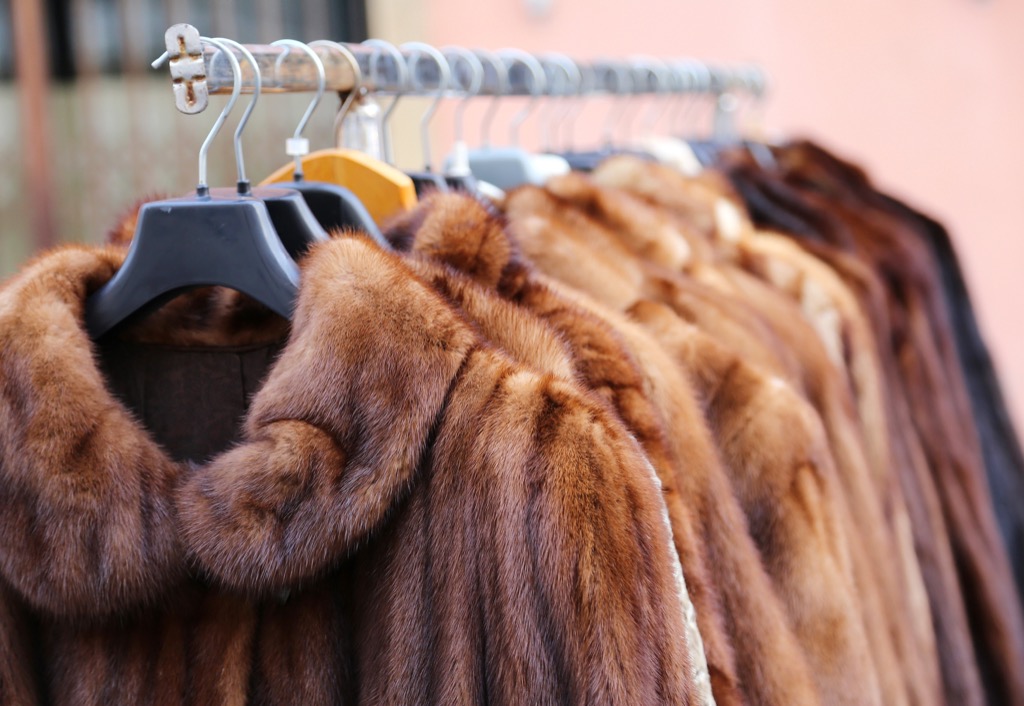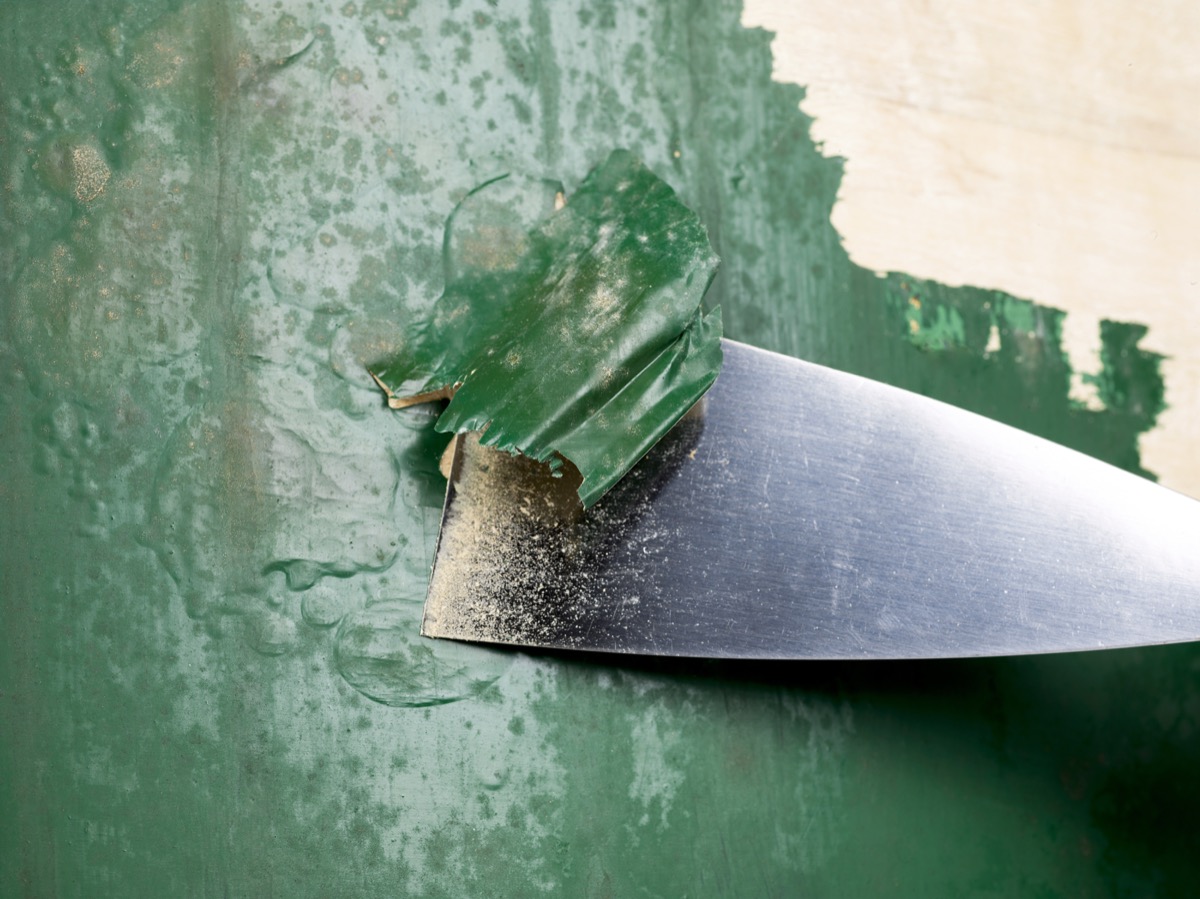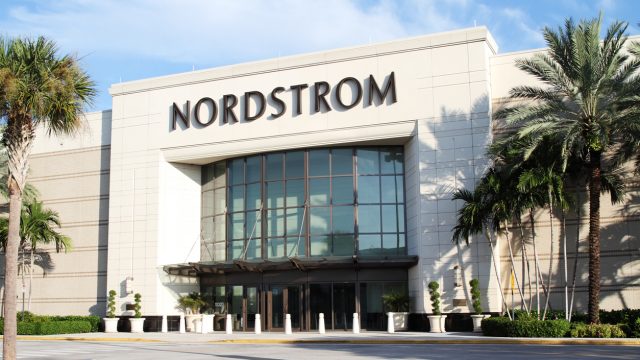Nordstrom Just Became the First Retailer to Ban These Products
Fashion trends evolve faster than most of us can ever hope to keep up with. But every so often, major changes come to the industry that bring more than just a different cut of jeans or a hot new fabric pattern—whether it’s coming from a major fashion house or a retailer. This year, the big move came from Nordstrom, which just announced they will be banning the sale of furs and exotic skins in their stores and online by the end of 2021. While companies like Macy’s and Bloomingdale’s made headlines for banning fur from their stores last year, Nordstrom has taken its commitment to change even further by being the first to also ban the use of exotic skins such as ostrich, alligator, crocodile, kangaroos, and pythons.
Nordstrom’s changes, which were announced on Sept. 29, will apply to Nordstrom, Nordstrom Rack, and Last Chance stores and will include all digital sales and e-commerce, too.
“As a leading fashion retailer, we’re committed to delivering the best possible service and merchandise for our customers. Delivering on that commitment means continually listening to customer feedback and evolving our product offering to ensure we’re meeting their needs,” Teri Bariquit, chief merchandising officer at Nordstrom, said in a statement. “Our private label brands haven’t used these materials for years, so extending this policy to all the brands we carry is a natural next step for our business.”

For the announcement, Nordstrom partnered with the Humane Society of the United States, which also felt the decision could have long-reaching consequences. “Nordstrom’s decision will surely have a ripple effect on other influential fashion leaders,” Kitty Block, president and CEO of the Humane Society, said in a statement.
In reality, those ripples may be adding to a wave that’s crashing over the fashion industry. In 2018, Coach committed to stopping the use of real mink, fox, coyote, and rabbit fur in its products, CNN reports. And other major fashion brands such as Tommy Hilfiger, Michael Kors, Chanel, Gucci, and Calvin Klein have made similar changes in recent years—with popular-yet-controversial jacket brand Canada Goose committing to stop using coyote fur by 2022, The New York Post reports.
But furs and exotic skins are not the only products that have fallen out of favor lately. For more on products that will be banned from here on out, read on. And for another recent retail move, check out Walmart Will Finally Start Selling This in All 50 States.
1
Electric shock collars

On Oct. 6, Petco announced that they will stop selling electric shock collars, suggesting they are harmful to dogs. “Shock collars have been shown to increase fear, anxiety, and stress in dogs, and we believe there’s a better way—positive reinforcement training,” Petco CEO Ron Coughlin said in a statement.
2
Infant inclined sleepers

After federal safety regulators linked infant inclined sleepers to more than 70 accidental deaths, major retailers such as Walmart, Buy Buy Baby, Amazon, and eBay announced they were no longer selling these products at the end of 2019. And for more on how what’s safe for little ones has changed, here are 23 Things Our Parents Did That We Could Never Do Today.
3
Corded window blinds

After both Ikea and Target committed to stop selling window blinds with cords in 2016, other major retailers such as Home Depot, Lowe’s, and Walmart also stopped selling these blinds by the end of 2018. According to law firm Wagner Reese, this was after a 30-year legal battle to regulate corded blinds due to the fact that they had caused nearly 500 deaths and injuries.
4
Toxic paint strippers

Up until May 2018, Lowe’s was still selling paint strippers containing methylene chloride—a toxic chemical that can be deadly, at worst, and that has been said to cause a host of ailments including liver toxicity, cancer, harm to the nervous system, and even trigger heart attacks. Lowe’s announced it would stop carrying these paint strippers just over two years ago.
5
Hoverboards

Whether you saw them as cringe-worthy or cool, hoverboards saw a quick rise and fall after they became popular in the mid-2010s—partly because various boards spontaneously burst into flames due to their large lithium-ion batteries. Soon, most airlines banned hoverboards from flights, and in 2015, retailers such as Amazon stopped selling them, deeming hoverboards a potential fire hazard. And for more useful content delivered straight to your inbox, sign up for our daily newsletter.
